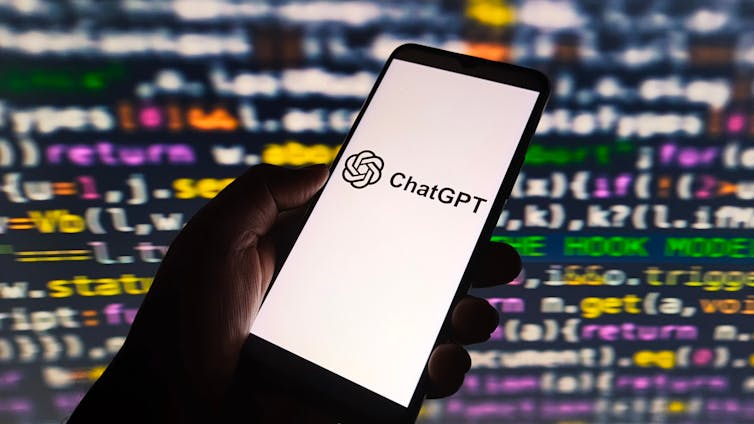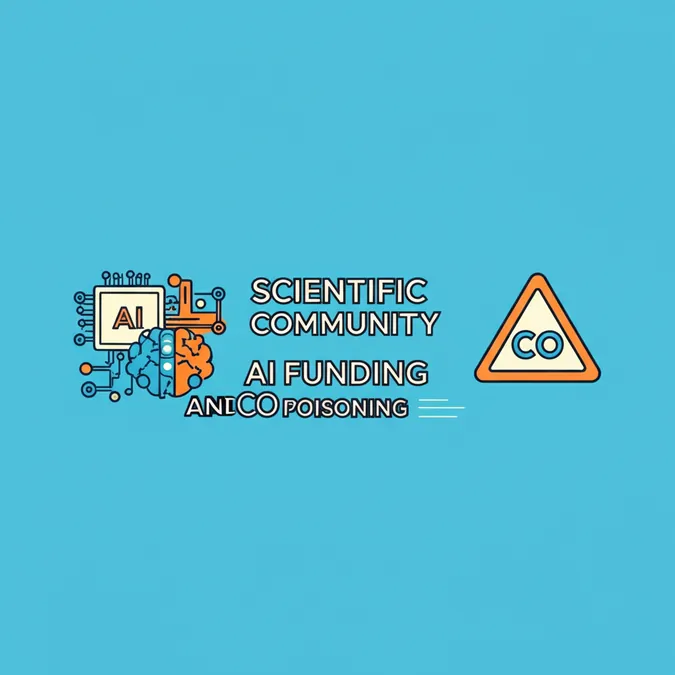Developer Offer
Try ImaginePro API with 50 Free Credits
Build and ship AI-powered visuals with Midjourney, Flux, and more — free credits refresh every month.
Why ChatGPTs Polished Dialogue Endangers Human Creativity
Interacting with ChatGPT can feel like a smooth and pleasant experience. The AI often comes across as polite and responsive, mirroring your language and keeping the conversation moving. But does this polished exchange truly capture the essence of human conversation?
The Uniqueness of Human Conversation
Our new research suggests that while ChatGPT effectively simulates dialogue, it does so in a way that is more stereotypical than authentic. Real conversations are filled with unique quirks. Family members on a phone call don't just share information; they play with each other's words, creatively rework phrases, interrupt, disagree, and go off on tangents. These moments of “conversational uniqueness” are what make human dialogue unpredictable, deeply personal, and a reflection of our identities.
The Study Pitting Humans Against AI
To explore this difference, we contrasted 240 real phone conversations between Chinese family members with dialogues simulated by ChatGPT under identical conditions. We analyzed the patterns across these conversations, focusing on three key levels of human interaction:
- Dialogic Resonance: This involves reusing another person's expressions. For example, if one person says, “You never call me,” the other might respond, “You are the one who never calls.”
- Recombinant Creativity: This is about putting a new spin on what was just said. For instance, if one person asks, “All good?” the other might reply, “All smashing,” keeping the structure but substituting a word creatively.
- Relevance Acknowledgement: This is the act of showing you're engaged with the other person’s point, using phrases like, “That’s a good point…” or “It’s interesting what you said, in fact…”
What the Research Uncovered
ChatGPT performed surprisingly well at showing engagement, often echoing and acknowledging the user even more than humans do. However, it fell short in two critical areas.
First, its lexical diversity was significantly lower. While humans use a wide variety of words, the AI tended to recycle the same expressions. More importantly, the AI's conversations were filled with stereotypical speech. When asked to simulate giving advice, it defaulted to predictable, parental-style lines like “Take care of your health” and “Don’t worry too much.”
This is a stark contrast to real human parents, who might use humor, sarcasm, clarifications, or even impolite language. A human parent might show concern more implicitly, for example, by asking, “Why in the world are you juggling two jobs?” to suggest their child is overworked. In essence, ChatGPT flattened the rich texture of human dialogue into a polished but ultimately sterile template.
 Will AI make us worse at conversation? Mijansk786/Shutterstock
Will AI make us worse at conversation? Mijansk786/Shutterstock
The Hidden Danger of AI-Driven Dialogue
ChatGPT’s consistency might seem like a benefit, making it reliable and predictable. Yet, these very qualities are what make it less human. People naturally avoid being repetitive or clichéd. Our conversational choices are not just about speaking appropriately; they are strategies for defining our unique identities in social interactions and shaping how others perceive us.
If AI cannot grasp the unique and idiosyncratic nature of human interaction, it risks reinforcing stereotypes of how people should talk, rather than reflecting how they actually do. The bigger concern is that it could promote a new, procedural model of conversation—one that is functional and cooperative but devoid of creativity.
Will We Start Talking Like AI
The danger isn't just that AI sounds plausible. It's that, over time, we might begin to imitate its style, allowing its stereotyped behavior to reshape our own conversational norms. We could find ourselves “learning” how to converse from AI, slowly stripping away the creativity and uniqueness from our speech.
Human conversation is fundamentally about more than just efficiency; it's about co-creating meaning and identity through innovation. The real question is not whether AI can ever truly converse like us, but whether we will continue to converse like ourselves in a world saturated with its influence.
Compare Plans & Pricing
Find the plan that matches your workload and unlock full access to ImaginePro.
| Plan | Price | Highlights |
|---|---|---|
| Standard | $8 / month |
|
| Premium | $20 / month |
|
Need custom terms? Talk to us to tailor credits, rate limits, or deployment options.
View All Pricing Details

